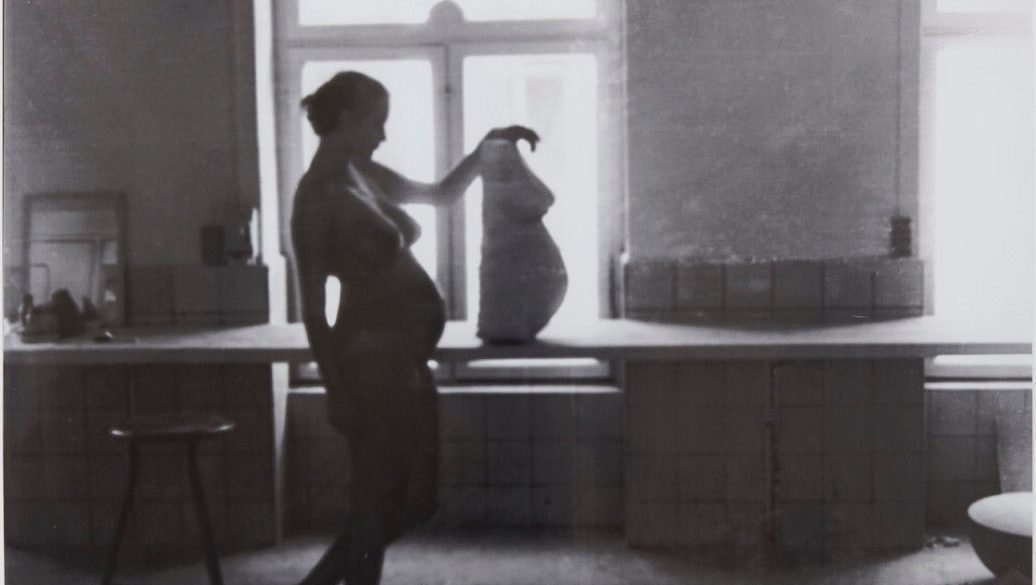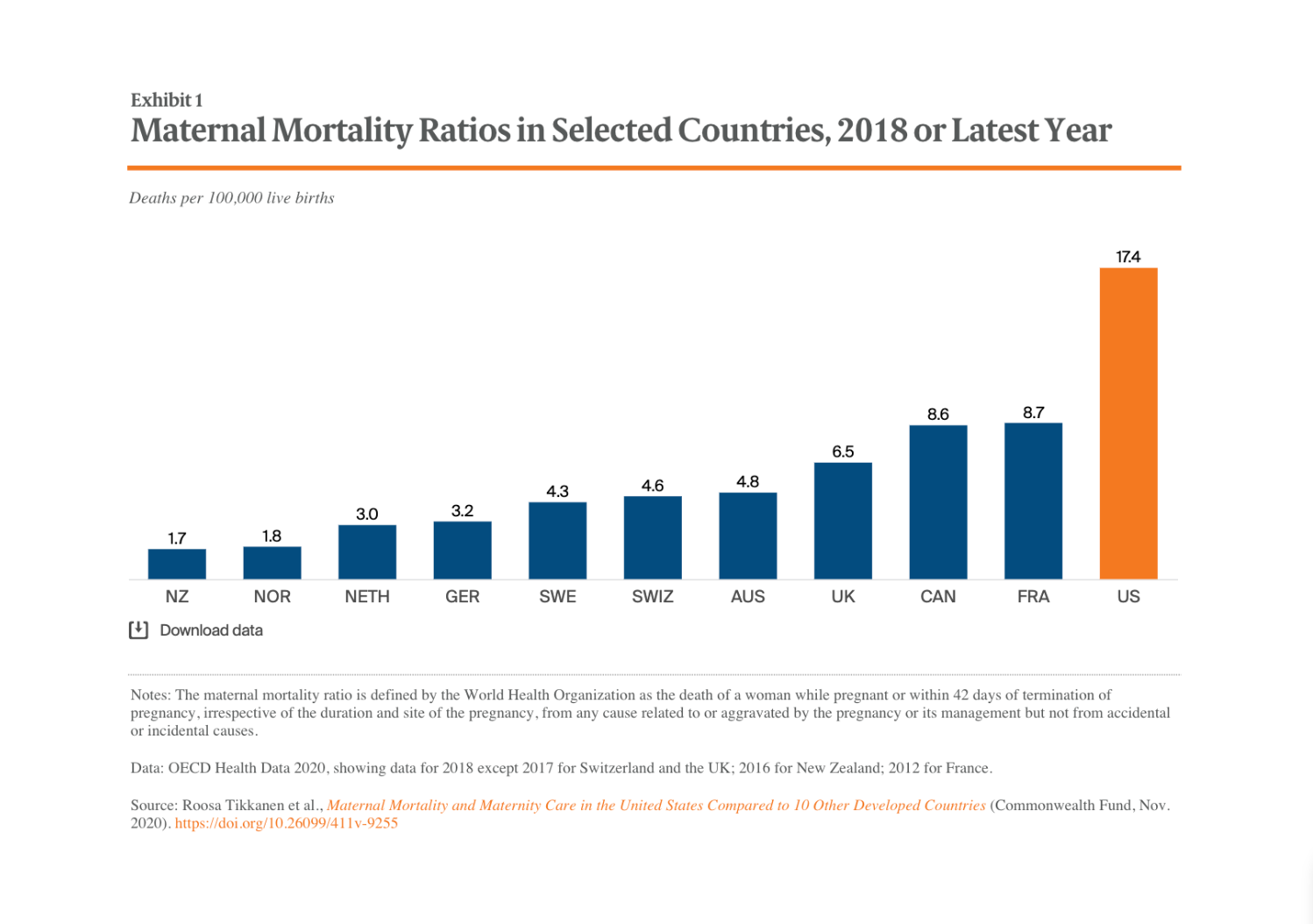
Doulas & Maternal Health in the USA
What is a doula?
A doula provides emotional and physical support to birthing individuals during pregnancy, prenatal visits, labor, and postpartum. As a baseline, they act as informed consent advocates, ensuring the birthing person’s preferences are respected.
Maternal Health Crisis in the USA
The United States is ranked as the most dangerous place to give birth in the developed world. The maternal mortality rate in the US is 17.4 deaths per 100,000 live births, with the rate significantly higher for Black women at 37.1 per 100,000 live births. A Black woman’s fatality is eight times more likely and 2.6 times more likely to experience complications during birth compared to White women. These disparities persist regardless of education and economic level. Asian, Latino, and Indigenous peoples face rates of mortality 3-4x more likely than White women.
The Role of Doulas
Doulas help combat the maternal health crisis by significantly reducing the need for medical interventions. The presence of a doula can reduce the risk of intervention by 60% and the risk of cesarean section by 39%. Despite their benefits, only 6% of births in the US were attended by doulas in 2012. However, a study in California found that 86% of birthing individuals would want to use doulas if they were more accessible.
Impact on Maternal Mortality
Doulas provide crucial support, especially for women of color who face higher risks during childbirth. They offer advocacy and ensure that the birthing person’s voice is heard, which can be life-saving.
Statistics in NYC
In New York City, the disparities in maternal health are stark. For example, the rate of severe maternal morbidity ranges significantly across different neighborhoods, with a six-fold difference between Borough Park, Brooklyn, and East Flatbush. Black women in NYC have the highest rates of cesarean sections and maternal mortality rates remain alarmingly high.
“Among 11 developed countries, the United States has the highest maternal mortality rate, a relative undersupply of maternity care providers, and no guaranteed access to provider home visits or paid parental leave in the postpartum period, a recent report from The Commonwealth Fund concluded.”
The evidence is clear: doulas are a vital component in improving maternal health outcomes. They offer personalized care, reduce unnecessary medical interventions, and provide crucial support to birthing individuals, particularly women of color. Expanding access to doulas could significantly reduce the maternal mortality rate and improve the overall birthing experience in the USA.
Sources
1. National Public Radio. (2017). US is the most dangerous place to give birth in the developed world.
2. Commonwealth Fund. (2020). U.S. Maternal Mortality, Childbirth Risks.
3. Centers for Disease Control and Prevention. (2018). Maternal Mortality Rates in the US.
4. New York City Department of Health and Mental Hygiene. (2016). Severe Maternal Morbidity in New York City.
5. Health Affairs. (2020). Black-White Disparities in Maternal Mortality.
6. Harvard Public Health Review. (2016). Addressing Racial Disparities in Maternal Mortality.
7. Journal of Perinatal Education. (2013). The Impact of Doulas on Birth Outcomes.
8. American College of Obstetricians and Gynecologists. (2017). Reducing Cesarean Births.
9. Birth: Issues in Perinatal Care. (2012). Doula Support and Its Influence on Birth Outcomes.
10. Vogue. (2018). Serena Williams and the Doula Movement.
11. BBC. (2019). Meghan Markle’s Influence on Maternal Health.
12. New York City Department of Health and Mental Hygiene. (2018). Maternal Morbidity Rates by Neighborhood.
13. Centers for Disease Control and Prevention. (2018). Black Women and Maternal Mortality Rates.
14. Gianna Melillo, "US Ranks Worst in Maternal Care, Mortality Compared With 10 Other Developed Nations," *The American Journal of Managed Care*, December 3, 2020

